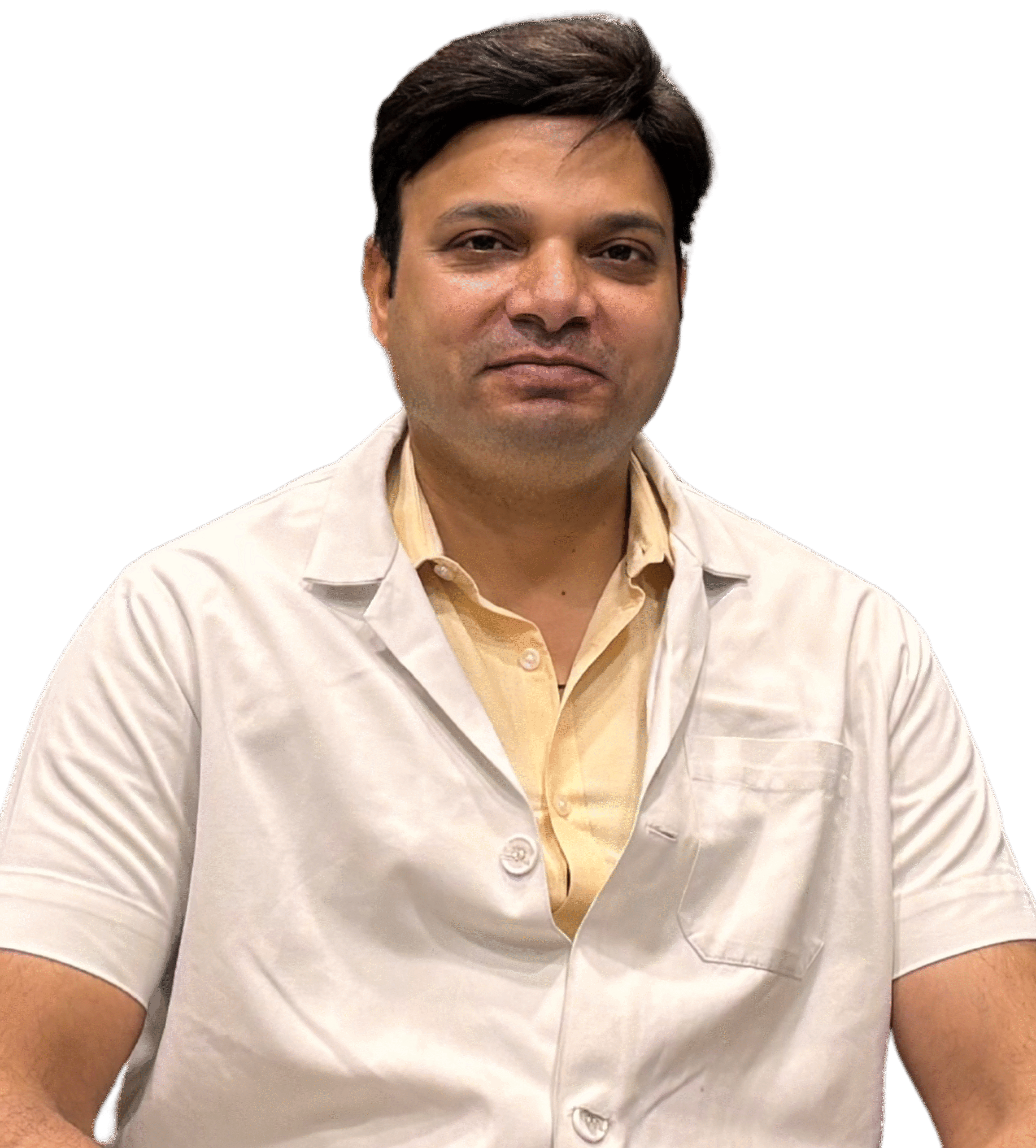Best General Physician
Your trusted doctor.
Happy Patients
Smiles that matters.
Book Appointment
Schedule your visit online.
We Are Always Open For Your Health Services
Routine Check-ups & Preventive Care
Stay ahead of health concerns with regular screenings and wellness assessments.
Diagnosis & Treatment
Effective management of common illnesses, chronic conditions, and minor injuries.
Health & Lifestyle Guidance
Support for better nutrition, fitness, and overall well-being.
Referrals to Specialists
Coordinated care for conditions requiring specialized attention.
Patients Testimonials

What sets Dr. Arun apart is how approachable he is. I never feel rushed during appointments, and he always answers all my questions. I trust him completely with my health.

When my father fell ill suddenly, Dr. Arun was quick to respond and provided excellent care. His follow-up and attention to detail made a huge difference. We’re so grateful.

I’ve been seeing Dr. Arun for over two years. His calm approach and genuine concern for his patients make every visit reassuring. He’s a rare mix of knowledge and kindness.

Dr. Arun takes the time to listen truly. I came in with recurring headaches, and he not only diagnosed the issue but explained everything in a way I could understand. I feel so much better now.
About Pathologists
A pathologist is a medical doctor who specializes in diagnosing diseases by examining tissues, blood, and other body fluids. They play a behind-the-scenes but vital role in medicine by providing accurate diagnostic information that guides patient care. Through laboratory analysis, pathologists help identify everything from infections and cancers to genetic disorders and autoimmune diseases.
What Pathologists Do
Pathologists are often called the “doctor’s doctor” because they provide the essential diagnostic data physicians need to treat patients effectively. Their primary responsibilities include:
Analyzing tissue biopsies, surgical specimens, and autopsies
Examining blood, urine, and other body fluids to detect abnormalities
Diagnosing diseases such as cancer, infections, and hematologic disorders
Monitoring chronic conditions through lab testing
Overseeing laboratory operations to ensure accuracy and safety
Their detailed reports form the foundation of treatment plans for countless patients.
Branches of Pathology
Pathology includes several subspecialties, each focused on a different aspect of disease diagnosis:
Anatomical Pathology – Examines tissue samples and surgical specimens to diagnose conditions like cancer or organ damage.
Clinical Pathology – Analyzes blood, urine, and other fluids to detect disease or monitor treatment effectiveness.
Hematopathology – Specializes in blood disorders such as leukemia and lymphoma.
Cytopathology – Focuses on individual cell samples, such as those collected during a Pap smear.
Forensic Pathology – Determines cause of death during autopsies, often in legal or criminal investigations.
Molecular Pathology – Uses genetic and molecular testing to diagnose diseases at the DNA level, particularly in cancer diagnostics.
Role in Cancer Diagnosis
Pathologists are crucial in cancer detection and classification. They examine biopsied tissue under a microscope to determine:
Whether cancer is present
What type of cancer it is
How advanced or aggressive it may be (grading and staging)
This information is vital for oncologists to select the most effective treatment options.
Laboratory Medicine Leadership
Pathologists often lead clinical laboratories in hospitals and healthcare systems. They ensure:
Accurate test results
Quality control of lab equipment and processes
Safe handling of biological samples
Compliance with medical and ethical standards
Their leadership ensures patients receive reliable and timely lab results.
Collaboration in Patient Care
Although pathologists rarely interact directly with patients, they collaborate closely with other healthcare professionals. Their diagnostic insights support:
Surgeons in determining the extent of disease
Oncologists in creating cancer treatment plans
Internists and general physicians in managing chronic illnesses
Every diagnosis made in the lab contributes to better clinical outcomes for patients.
The Impact of Pathologists
Pathologists are essential to modern medicine. Their work ensures the accuracy of diagnoses, the success of treatments, and the safety of laboratory practices. Whether confirming an infection, diagnosing cancer, or identifying the cause of symptoms, pathologists are the foundation of informed medical care.

8:00 AM TO 8:00 PM MON TO SAT
8:00 TO 5:00 PM SUNDAY
Quick Links
Popular Services
Copyright © 2026 StarMAX | Designed & Developed by Innspire Media
